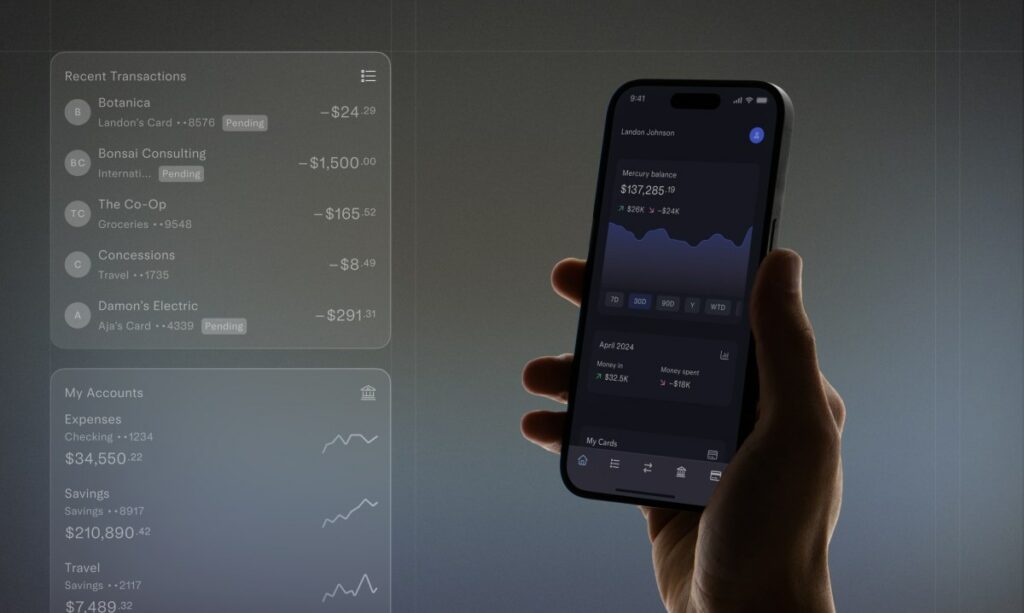Demand for HR-tech solutions in Africa is growing, and Senegal’s Socium is out to tap the opportunity in French-speaking countries on the continent.
Socium has since 2021 built HR solutions that target users within the 21 countries of Francophone Africa and plans to continue narrowing its focus on the region, where it is enjoying first-mover advantage.
Socium co-founder Samba Lo revealed these plans to TechCrunch and told us the startup has also raised $5 million seed funding to fuel its growth plans in the region.
“So for us, deploying within Francophone Africa is very interesting…Because we have the same economic community, we have very close regulations, we have the same currency, in addition, the market for HR software is very huge. So for these reasons, we prefer to stay in Francophone Africa, because, I think we have so much to do here,” said Lo, who co-founded the startup with Serigne Seye.
Socium’s solution enables its clients to recruit, pay, and manage talent. However, that was never what the duo set out to offer when they first came together in 2021.
Initially, Lo said, they started out as a recruitment website to enable companies to find talent and for people to find jobs. Then, they discovered that the HR world was huge.
“Our customers started to ask us if we have some solution for payroll, other solution for time management, some solution for performance management. And you know, we decided to build a global HR platform to help HR to manage all their processes,” said Lo.
That is how in 2023 they started building a solution that can “work everywhere from Morocco to Cameroon to Congo”, mentioning some of the countries the startup plans to expand into.
For instance, the company has built a payroll engine that takes into account complexity of payroll calculations in the region. This, he says, enables the startup to launch in new countries within two weeks, which is a faster than foreign-based solutions.
Socium’s solution automates mundane tasks, which lessens human resource and payroll workload, and uses AI to, for instance, easily score and match CVs to job offers and to aid in writing job descriptions. This enables HR managers to focus on more important roles such as managing and supporting teams to meet their goals.
“Focus on people means focus on performance, their evaluation and competence and career path for each individual. And for this reason, our main focus is to continue to help them to work, to manage their daily tasks more easily and to be able to be focused on the most important part of the HR. And I think the most important part for HR is weighted to people inside the company,” said Lo.
As it scales, the startup is also looking to integrate with tax agencies to automate tax and regulatory filings for companies, alleviating more headachex for companies.
Lo first connected with Seye at École Polytechnique. After graduating, Lo briefly worked as a data scientist before switching to investment banking and joining Skeat, a French startup. This awakened his entrepreneurial spirit.
“I joined them when they had only six months of cash left. And so that was very complicated, but for me, that was the best switch of my life, because it helped me to discover entrepreneurship, it helped me to discover startups, and it also helped me to discover SaaS… During Covid, I had deep reflection about how can I be useful to my community and for me, it was obvious that I have to launch something related to SaaS in Africa,” said Lo.
To date, the Socium says it has over 100 active clients, cutting across 10 industries and 15 countries, and becomes one of the few HR techs in Africa that have raised funding in recent times. WorkPay, a Kenyan startup that is said to be serving more than 1,000 customers across 20 African countries, recently closed a $5 million Series A round led by Visa.
Socium’s seed round was led by Breega, while Partech, Orange Ventures, Chui ventures, Sonatel, Outlierz, Super Capital, Evolem, Techmind and a number of angel investors also participated, and Raisers Partners were financial advisers.


